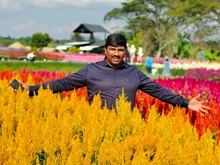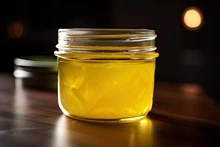
Organic farming uses organic methods and resources to produce healthy, natural, and high-quality food. It is based on ecological and biodiversity principles and attempts to avoid the use of poisonous, artificial, or other environmentally detrimental inputs.
"Our goal is to increase the total area under organic certification to 1 lakh hectares in the next five years, and the process will begin in the next fiscal year with the launch of a state organic mission," chief minister Conrad K'ongkal Sangma said in the assembly recently while presenting the budget for 2023-24."
Despite allocating Rs 25 crore for this ambitious programme, which he said would "make Meghalaya the national leader in organic cultivation.
"We are working with a network of 500 collectives, including cooperative societies, farmer producer organizations, and village organizations to provide decentralized agri-marketing support," he said, adding that marketing agricultural produce and protecting farmers from price fluctuations was an important priority for the government.
Sangma explained that at each production cluster, a collective marketing centre consisting of an aggregation-cum-mini-processing facility is being built and handed over to a local collective, and that interest-free working capital loans of up to Rs 50 lakh are also being provided to the collectives in order for them to directly buy produce from farmers.
"About 200 such cooperative marketing centres have already been established in clusters producing turmeric, pepper, ginger, areca nut, cashew nut, broom grass, and potatoes. We intend to support and improve the existing 200 collective marketing centres while also establishing 200 new centres in the coming fiscal year," he said.











